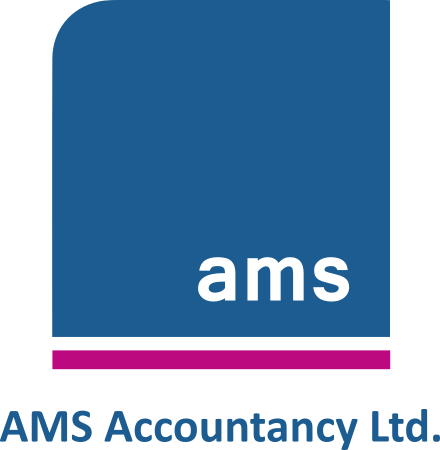The vast majority of businesses, once they reach a certain size, operate as a limited company and at some point usually consider whether to set up a company payroll (by registering with HMRC for a PAYE scheme).
There are two reasons why a company would set up a payroll:
Firstly, and rather obviously, because it may have employees;
And secondly, because although there may be no employees, it is generally tax efficient for owner/directors to take a small salary from their company (and then take further cash out as dividends).
Typically, the most tax efficient salary for an owner/director is the annual Upper Earnings Limit for Primary National Insurance (£12,570 for 2023/24). This is because, as well as no income tax being charged – as the salary is at the Personal Allowance (tax-free income) (£12,570 for 2023/24) , no Employee’s National insurance is charged, and only a smallish amount of Employer’s National insurance arises (13.8% of the salary above £9,100 (2023/24) – so £479). And one big advantage of a salary at this level is that you get a Qualifying Year towards your State Pension.
Because the salary reduces the company’s taxable profits, the Employer’s National Insurance charged is more than made up for by the Corporation Tax saved of £2,479 (19% x (£12,570+£479)).
But, any salary above £12,570 has National Insurance applied at 12% + 13.8% = 25.8% which is why, at that point, owner/directors generally fix their salary at about £12,570 and start taking extra money as dividends which, although they are taxed, do avoid National Insurance. The figures change every tax year as a rule
